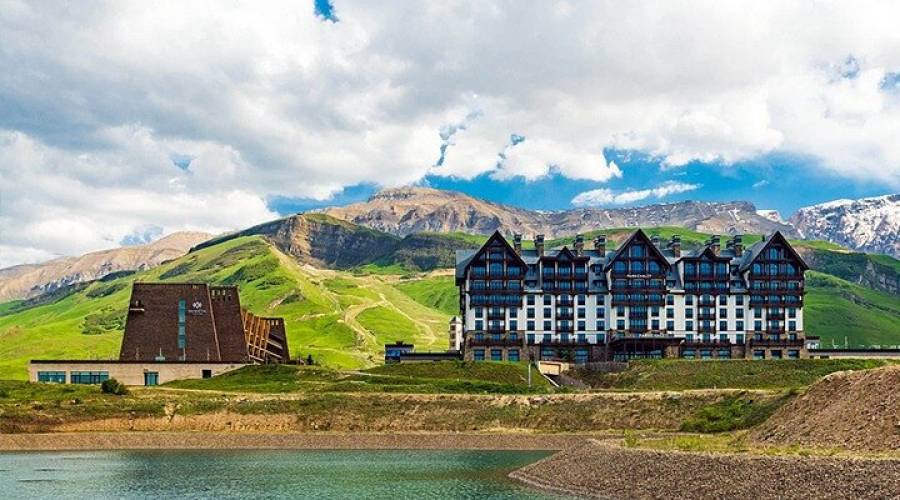
Eco-Tourism in the 21st Century: Navigating a Sustainable Journey
Embark on a 21st-century adventure with 'Eco-Tourism in the Modern Era.' Explore immersive nature connections, sustainable accommodations, and adventure with purpose.
In an era where environmental consciousness is at its peak, eco-tourism has emerged as a beacon of responsible travel, offering a unique blend of adventure and conservation. As modern travelers seek meaningful experiences that leave a positive impact, let's explore the facets of eco-tourism that define its essence and its relevance in the contemporary world.
1. Connecting with Nature:
Eco-tourism invites travelers to forge a deep connection with nature, emphasizing immersive experiences that go beyond conventional tourism. From guided wildlife safaris to sustainable hiking trails, modern eco-tourism seeks to foster an appreciation for the environment while minimizing the ecological footprint of travelers.
2. Sustainable Accommodations:
A key pillar of eco-tourism lies in the choice of accommodations. Today's eco-conscious travelers are opting for lodgings that prioritize sustainability. Green hotels, eco-friendly resorts, and nature-based accommodations employ practices such as energy conservation, waste reduction, and locally sourced materials to provide a comfortable yet environmentally responsible stay.
3. Conservation and Education:
Modern eco-tourism places a strong emphasis on conservation and education. Travelers are offered opportunities to engage in conservation efforts, whether it's participating in wildlife monitoring programs or supporting local initiatives. Education plays a vital role, with guided tours and informational sessions helping visitors understand the delicate balance of ecosystems and the importance of preserving them.
4. Adventure with Purpose:
Eco-tourism doesn't compromise on adventure. From trekking through lush rainforests to exploring underwater ecosystems, travelers can still indulge in thrilling activities while contributing to conservation efforts. Adventure with purpose is the mantra, as sustainable tourism strives to leave destinations better than it found them.
5. Local Community Involvement:
One of the hallmarks of modern eco-tourism is its focus on benefiting local communities. Travelers are encouraged to engage with and support local economies, promoting cultural exchange and ensuring that tourism dollars directly benefit the communities hosting them. This approach creates a symbiotic relationship, where both travelers and local residents gain from the experience.
6. Technological Integration:
In the digital age, technology plays a crucial role in promoting eco-tourism. From online platforms that connect travelers with eco-friendly accommodations to apps that provide information on responsible travel practices, technology facilitates a seamless and informed eco-friendly travel experience.
7. Responsible Travel Practices:
Eco-tourism encourages responsible travel practices such as minimal waste generation, responsible wildlife viewing, and adherence to Leave No Trace principles. Travelers are educated on ethical behavior, ensuring that their presence does not disrupt the delicate balance of natural ecosystems.
In conclusion, eco-tourism in the modern era is a dynamic and conscious choice that allows travelers to explore the wonders of the world while actively contributing to its preservation. As we navigate the 21st century, embracing eco-friendly practices and prioritizing sustainability in our travels is not just an option but a responsibility—one that ensures the beauty of our planet endures for generations to come. Join the eco-tourism movement and embark on a journey where every step leaves a positive mark on the Earth.






